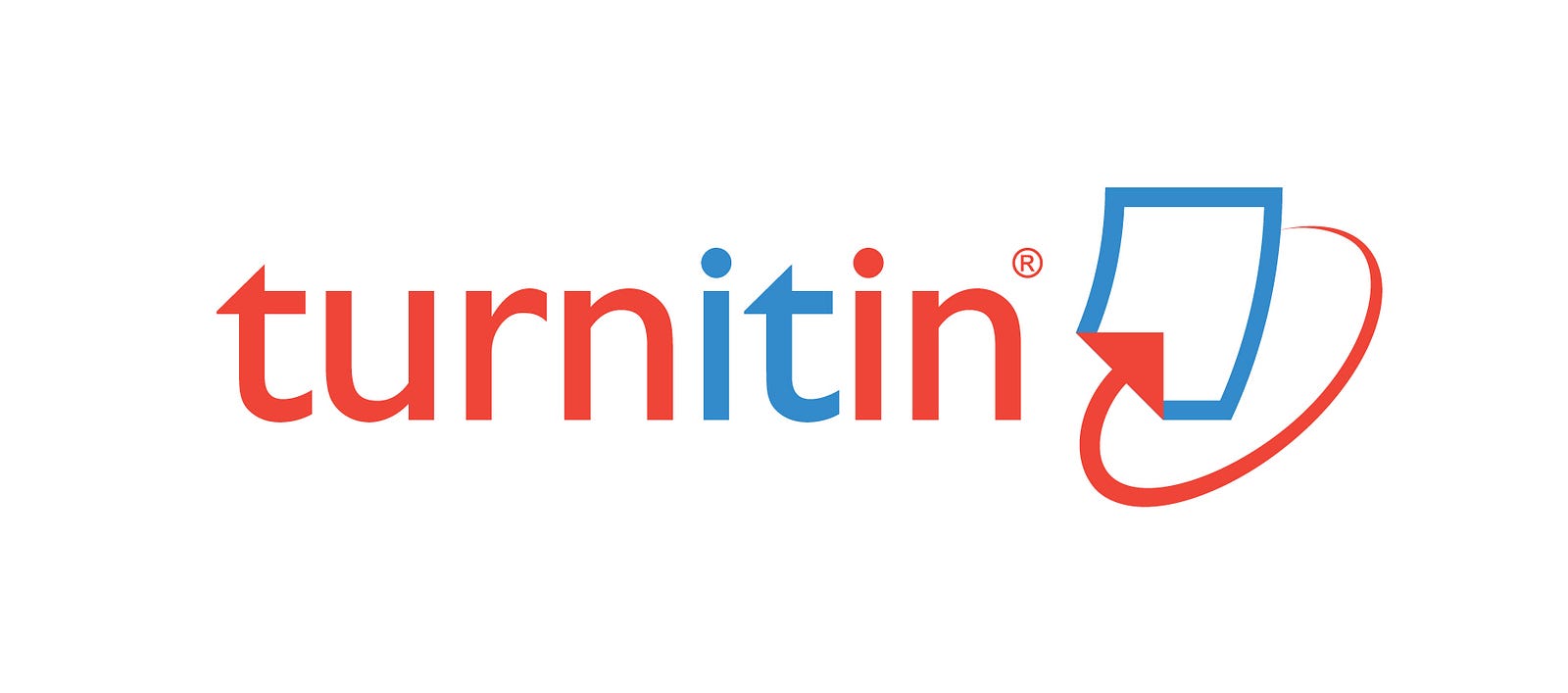Perbandingan penggunaan Google Classroom dan Edmodo pada pembelajaran Dasar-Dasar Manajemen Perkantoran dan Layanan Bisnis
Abstract
Abstrak: Penelitian ini bertujuan untuk mengetahui: (1) perbedaan hasil belajar mata pelajaran Dasar- dasar Manajemen Perkantoran dan Layanan Bisnis pada media pembelajaran Google Classroom dan Edmodo; dan (2) media pembelajaran yang mendapatkan hasil belajar tertinggi antara Google Classroom dan Edmodo pada mata pelajaran Dasar-dasar Manajemen Perkantoran dan Layanan Bisnis. Penelitian ini merupakan penelitian true experimental dengan pendekatan kuantitatif. Populasi dalam penelitian ini adalah seluruh siswa kelas X Manajemen Perkantoran dan Layanan Bisnis SMK Negeri 1 Karanganyar yang berjumlah 63 siswa. Sampel penelitian diambil dengan menggunakan teknik sampel jenuh. Teknik pengumpulan data dengan dokumentasi dan tes. Teknik analisis data yang digunakan adalah teknik analisis ANCOVA dengan menggunakan IBM SPSS 25.0. Hasil penelitian menunjukkan bahwa: 1) Terdapat perbedaan hasil belajar yang signifikan antara media pembelajaran Google Classroom dan Edmodo. Hal ini dibuktikan dengan uji ANCOVA yang menunjukkan bahwa signifikansi sebesar 0,035 < 0,05); 2) Hasil belajar pada mata pelajaran Melakukan Pekerjaan Dasar Kantor dan Layanan Bisnis dari media pembelajaran Edmodo lebih tinggi dibandingkan dengan hasil belajar dari media pembelajaran Google Classroom. Hal ini dibuktikan dengan nilai rata-rata pada Google Classroom dan Edmodo (7,409<8,126).
Kata Kunci: hasil belajar; media pembelajaran; penelitian true experimental
Abstract: The study aimed to determine: (1) differences in learning outcomes in Basics of Office Management and Business Services on Google Classroom and Edmodo learning media; and (2) learning media that get the highest learning outcomes between Google Classroom and Edmodo in Basics of Office Management and Business Services subjects. This research is true experimental research with a quantitative approach. The population in this study was all students of class X Office Management and Business Services at SMK Negeri 1 Karanganyar (63 students). The research sample was taken using the saturated sample technique. Data collection techniques with documentation and tests. The data analysis technique used was the ANCOVA analysis technique using IBM SPSS 25.0. The results show that: 1) There was a significant difference in learning outcomes between Google Classroom and Edmodo learning media. This is evidenced by the ANCOVA test, which shows that the significance is 0,035<0,05); 2) Learning outcomes in the subjects of Basic Office Management and Business Services from Edmodo learning media are higher than learning outcomes from Google Classroom learning media. This is evidenced by the mean value in Google Classroom and Edmodo (7,409<8,126).
Keywords: learning media; learning outcomes; true experiment research
Keywords
Full Text:
PDFReferences
Anugrah, S. P., Rokhmawati, R. I., & Wijoyo, S. H. (2020). Perbandingan usability learning management system Edmodo dan Google Classroom menggunakan metode cognitive walkthrough dan user experience questionnaire (UEQ) (Studi kasus: SMKN 3 Malang). Jurnal Pengembangan Teknologi Informasi dan Ilmu Komputer, 4(4), 1056–1063.
Creswell, J. W. (2012). Educational research: Planning, conducting, evaluating, quantitative and qualitative research (4th ed.). Pearson Education Inc.
Ernawati. (2018). Pengaruh penggunaan aplikasi Google Classroom terhadap kualitas pembelajaran dan hasil belajar siswa pada mata pelajaran ekonomi kelas XI di MAN 1 Kota Tangerang Selatan [Skripsi tidak dipublikasikan]. Universitas Islam Negeri Syarif Hidayatullah, Jakarta.
Iftakhar, S. (2016). Google Classroom: What works and how. Journal of Education and Social Sciences, 3(1), 12-18.
Jabar, A. (2013). Pembelajaran elektronik pada matematika. Lentera Jurnal Ilmiah Kependidikan, 8(1), 30–39.
Mardhiah, A., & Ali Akbar, S. (2018). Efektivitas media pembelajaran terhadap hasil belajar kimia siswa SMA Negeri 16 Banda Aceh. Lantanida Journal, 6(1), 49–58.
Mulyani, F., & Haliza, N. (2021). Analisis perkembangan ilmu pengetahuan dan teknologi (Iptek) dalam pendidikan. Jurnal Pendidikan dan Konseling, 3(1), 101–109.
Putri, S. R., Wahyuni, S., & Suharso, P. (2018). Penggunaan media pembelajaran edmodo untuk meningkatkan aktivitas dan hasil belajar siswa Kelas X Pemasaran di SMK Negeri 1 Jember Tahun Ajaran 2016/2017. Jurnal Pendidikan Ekonomi: Jurnal Ilmiah Ilmu Pendidikan, Ilmu Ekonomi dan Ilmu Sosial, 11(2), 108-114.
Refbacks
- There are currently no refbacks.









